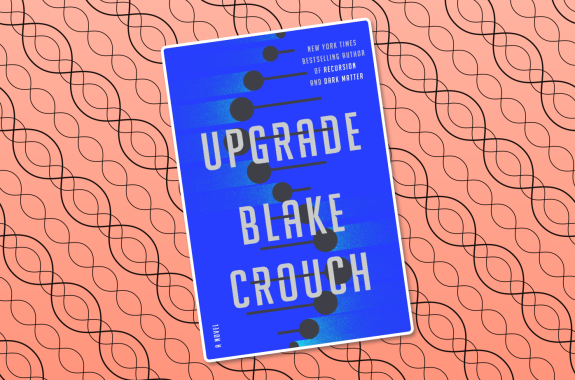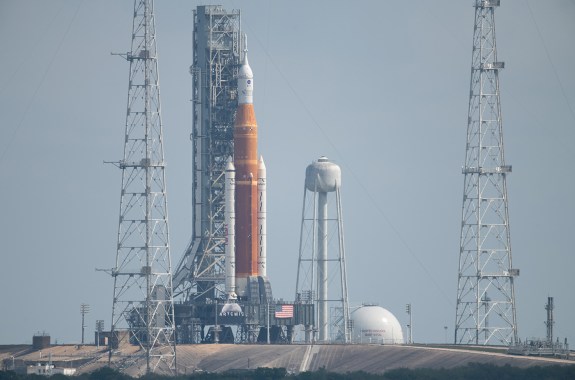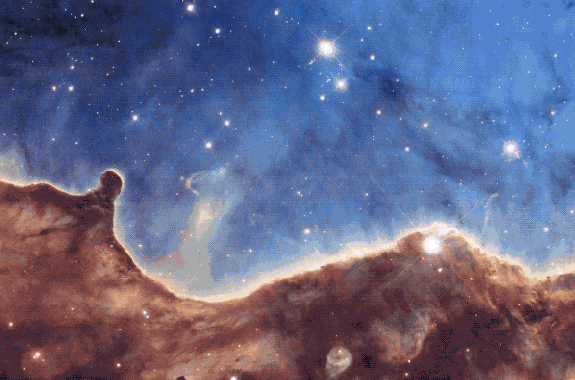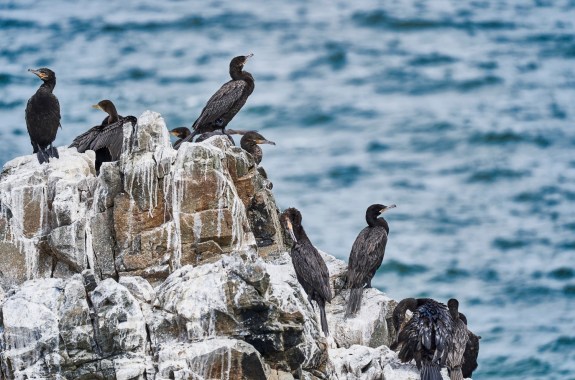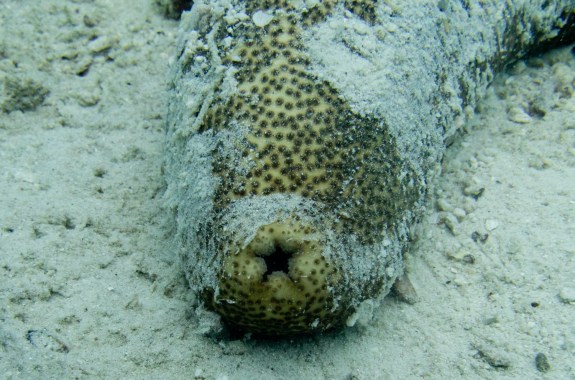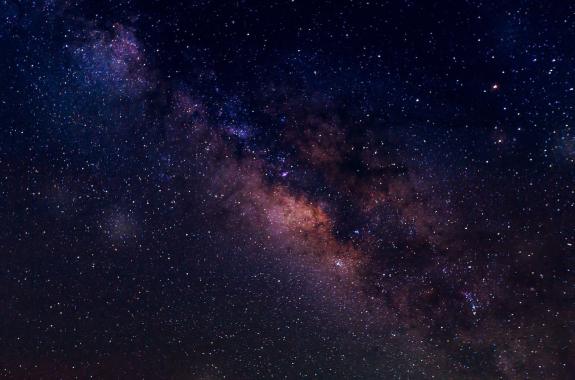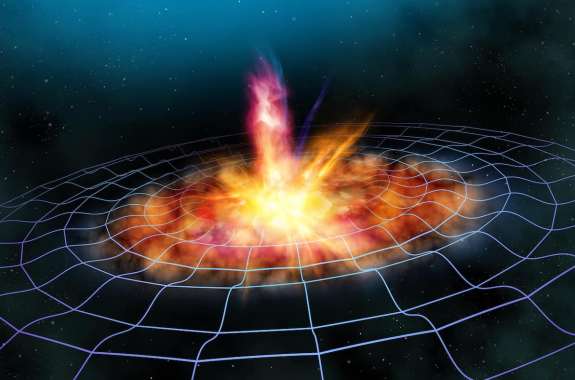Radio
Listen to Science Friday live on Fridays from 2-4 p.m. ET
November 22, 2024
On the 50th anniversary of Lucy’s discovery, paleoanthropologists reflect on what she means to science, and what she taught us about ourselves. Plus, divers have recovered seeds of a long-lost rye variety from a 146-year-old shipwreck in Lake Huron. And, just in time for Thanksgiving, a potato researcher explains potato varieties, potato nutrition, and some tubular tuber facts.
5:45
Texas Heatwave Puts Strain On Electric Grid
Shining a light on solar power infrastructure might prove beneficial during one of the state’s hottest summers on record.
11:14
Gene Editing Is Easy—And A Crime—In This New Techno Thriller Book
Author Blake Crouch joins Ira to discuss the not-so-improbable future of gene editing from his new novel, “Upgrade.”
17:17
A Busy Time For Space Launches
The breathtaking telescope images aren’t the only exciting thing happening in space. Space reporter and “Are We There Yet?” host explains.
17:29
U.S. Attempts To Catch Up With Rising Monkeypox Cases
The orthopox virus continues to spread as officials scramble to get on top of the national response.
12:05
Stunning JWST Images Show New Details Of The Universe
This week, the world watched as the first science images from the JWST were unveiled. Here’s what it means for astronomy.
12:03
We Need To Talk About Bird Poop
Seabird poop is a vital fertilizer for ecosystems. What happens to the health of those ecosystems as those seabirds go extinct?
26:07
Sweating Is Our Biological Superpower
Sweat gives us so much more than a smell, thanks to the cool chemistry of this vital bodily fluid.
8:51
From Zero To 100 Butts: The Wild World Of Invertebrate Behinds
#InverteButtWeek is here! Meet the scientists and illustrators who are spreading joy and knowledge about the backends of the backbone-less.
27:42
A Debate Over How The Universe Began
While debating the origins of the universe, these mid-century researchers accidentally explained the origins of every element of matter.
1:57
The World According To Sound: Listening To Black Holes Collide
Some black holes sound like a wobbling top, while others rumble in low bass tones. Listen to them yourself, thanks to MIT professor Scott Hughes.

